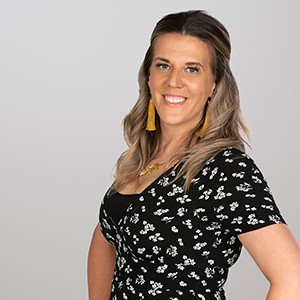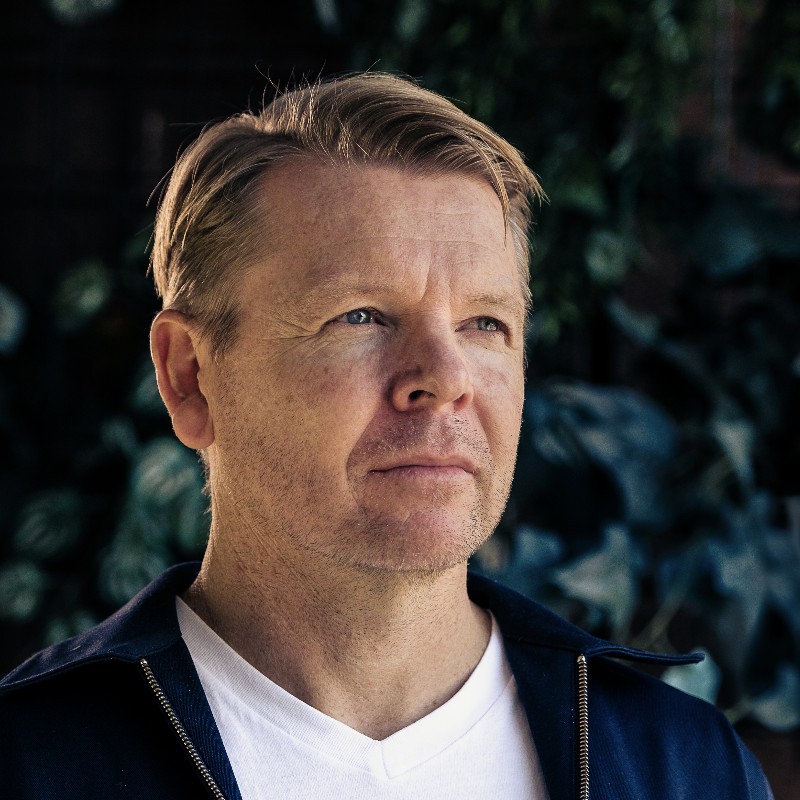At our recent UX portfolio review event in London, one of the experts, Vodafone’s customer experience consultant Jared Fossey, gave some amazing insights into preparing for an interview as well as how UXers can turn their careers from good to great.
Create a Great Portfolio
When you interview, it’s not just about what you say, but also what you show. In regards to UX professionals, it’s very important not to over-design your portfolio and show the real process. Structure your work so you’re showing the problem, action, and solution. Show you can deliver what a business needs and let your personality shine through. The interviewer needs to get a clear idea of what you’re capable of very quickly, and if they’re interested they’ll look more.
Know Your Goals
Talk about what you want to do, not about what you've done. Just because you don't have a formal design degree doesn't make you “not a designer”. Even if you've never done ethnographic research or created personas doesn't mean you can't do it. A reluctance to talk about what you want in your career, could be your only obstacle in getting it. Bruce Kasanoff explains this concept in more detail in his article “Never Tell People What You Do”.
Think About Why
Know ‘why’ you do what it is you do and let everything you've done stand as proof of that. An inspiring TED talk with Simon Sinek explores this very idea of ‘why’ we do anything and how starting with the ‘why’ is the best path to success.
It’s Okay to Say ‘No’
Be really, really clear about what you do and what you don't. Don’t take on research projects if you have no interest in research. Don’t take on long contracts if that will wear you out. Don’t take on a short contract, if your desire is to embed your work inside the organization. Work out what you do, and what you want to do, and be firm with it. As Steve Jobs said, “Focus is about saying no”.
Keep Practicing
Regardless of whether or not you’re currently on a job, keep honing your craft, keep learning new skills, keep your skill set fresh. If that means doing your own bit of work that no one's paying you for so you can put what you've learned into practice, do it. If that means taking a short course or a two-day workshop, do it. You might not be where you want to be now, but knowing where you want to be will help you get there, so keep going and keep learning. Check out Ira Glass’ short video “The Gap”.
Read!
Always read everything you can. You can discard the stuff you don't agree with, but read through it anyway. Find excellent people who are willing to share their thoughts. Build your critical sense, build your ability to think. This is just as important as honing your craft. Jared said he couldn’t overemphasize the importance of this. Then take every bit of input you possibly can and synthesize it into your own way of thinking. Jared’s influences include: Jon Kolko, Tim Brown,Bruce Kasanoff, Simon Sinek, Roman Mars, Liz Ryan and David Kelley.
Please let us know in the comments section if you have anything to add. You can find out more, and check out more articles by Jared on his LinkedIn page. And remember, if you want to advance your career or you're looking to find the best talent for your company, your local Aquent office is always here to help.
Latest.

Hiring in Australia: 5 trends redefining our job market
Hiring Insights, Industry Trends, Ask Aquent, Leadership

How to avoid creative burnout and refill your creative tank (before you really need to)
Thought Leadership

AI adoption failing isn’t the tech, it’s the people. How smart businesses overcome this.
Technology, Thought Leadership, Industry Trends



